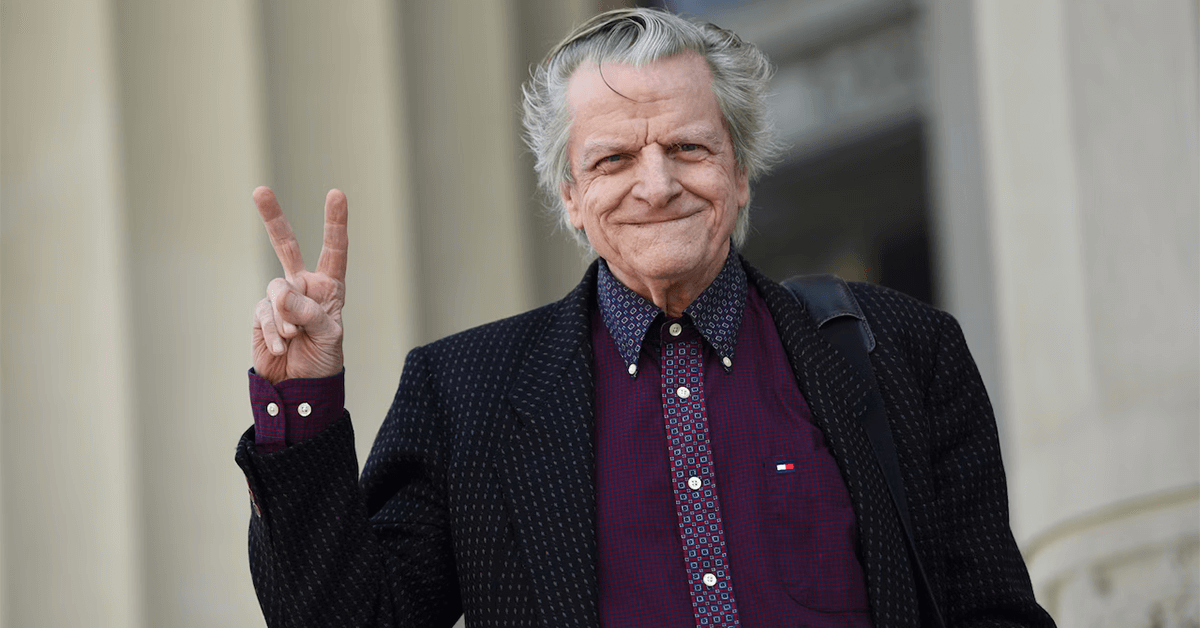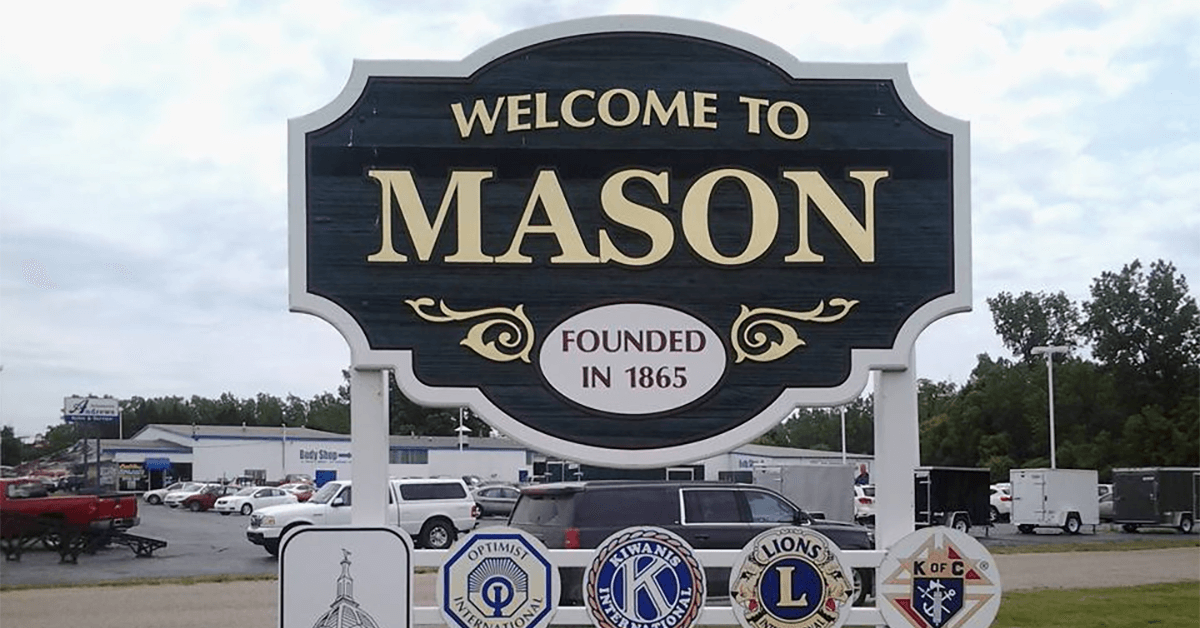How John Sinclair's Legacy Inspired Randy Tessier's Path from Convict to Educator and Musician

In the early 1970s, the fabric of American culture was intricately woven with threads of political unrest, social upheaval, and a burgeoning movement towards the legalization of cannabis. It was during this era of transformation that Randy Tessier, a young man emblematic of the hippie movement's ideals and aspirations, found himself ensnared in the legal challenges that countless others faced due to cannabis possession. Tessier's narrative, beginning with his arrest in 1971 in Michigan's Upper Peninsula for possessing an ounce of hash, unfolds against the backdrop of a pivotal moment in Michigan's legal and cultural history concerning cannabis.
At the time of his arrest, Tessier, a passionate musician and a symbol of the countercultural wave sweeping across America, was met with the harsh reality of the law. His sentencing to a 60-day period in the Marquette County Jail marked the beginning of a journey that would intertwine his fate with the broader movement for cannabis legalization, a movement significantly propelled by the legal battles of Ann Arbor poet John Sinclair.
John Sinclair's legal ordeal, stemming from his activism and cannabis possession, had ignited a statewide, if not national, debate over the draconian marijuana laws of the era. Sinclair's subsequent victory in the Michigan Supreme Court, which saw his conviction overturned and led to a declaration of the state's felony marijuana laws as unconstitutional, emerged not just as a personal triumph but as a watershed moment for cannabis legislation in Michigan.
During Tessier's incarceration, a daring yet ill-fated attempt to smuggle marijuana joints into the jail underscored the risks faced by those caught in the crosshairs of the legal system for cannabis-related offenses. However, in a remarkable turn of events, the legal victory of Sinclair, coinciding with Tessier's impending re-arraignment, catalyzed an unexpected outcome: the charges against Tessier were dismissed. This serendipitous development, occurring in the absence of enforceable marijuana laws, symbolized a critical juncture in the fight against the criminalization of cannabis.
Reflecting on his experiences in light of Sinclair's recent passing, Tessier, now a respected lecturer at the University of Michigan and a fixture in Ann Arbor's music scene, acknowledges the profound influence Sinclair's legal battle had on his life. The trajectory of Tessier's life, from a potential inmate in a state prison to a celebrated academic and musician, mirrors the dramatic shifts in societal attitudes and legal frameworks surrounding cannabis.
Following his release, Tessier's move to Ann Arbor, a city that had garnered a reputation as a bastion of countercultural activity and cannabis advocacy, marked a new chapter in his life. Immersing himself in the music and cultural scene of Ann Arbor, Tessier found camaraderie and support among fellow musicians and activists, including Leni Sinclair, John Sinclair's wife. The city's vibrant community and progressive stance on cannabis provided Tessier and his band, Walrus, with a platform to express their music and their message, contributing to the rich cultural mosaic of Ann Arbor.
Tessier's subsequent endeavors, from his academic career to his role in organizing musical gatherings like the "Geezer Happy Hour," illustrate a life enriched by the intersecting currents of music, activism, and education. His narrative, spanning decades of change, offers a lens through which to view the evolution of cannabis legislation and its impact on individual lives and communities.
Moreover, Tessier's recent musical achievements, including the rediscovery and commercial release of Walrus's previously unreleased tracks, signify a form of vindication and a testament to the enduring nature of art and advocacy. The inclusion of the band's song in a major Hollywood film not only represents a personal triumph for Tessier but also serves as a reminder of the unpredictable paths through which recognition and success can manifest.
In recounting Randy Tessier's journey, we are reminded of the complex interplay between individual experiences and broader social movements. His story, from a brush with incarceration to a life of academic and musical fulfillment, encapsulates the transformative power of advocacy, the enduring spirit of the counterculture, and the ongoing quest for justice and freedom in the context of cannabis legislation.
Share this article:
Spotted a typo, grammatical error, or a factual inaccuracy? Let us know - we're committed to correcting errors swiftly and accurately!








 Helpful Links
Helpful Links